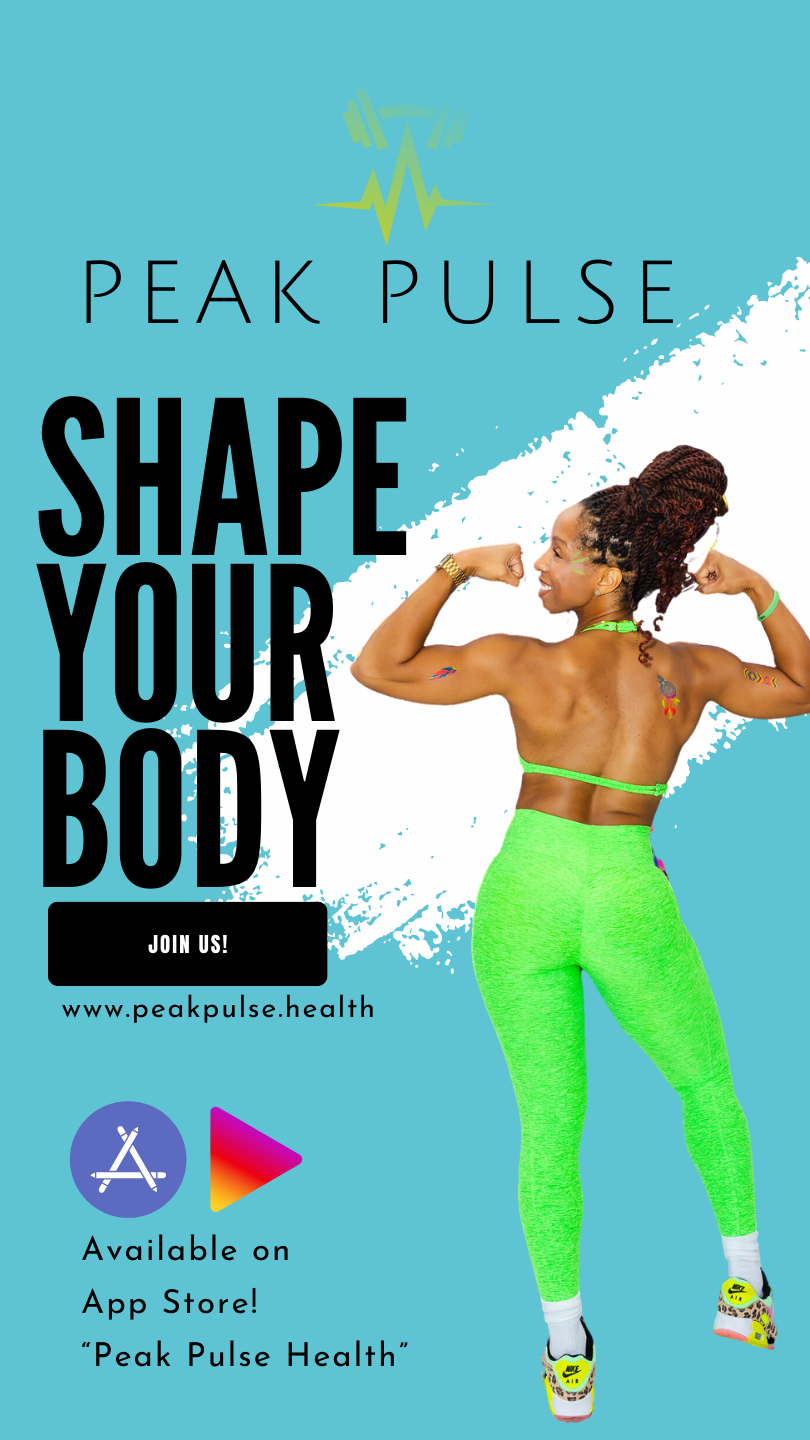You know the feeling. It’s 3 PM, and suddenly, you can’t stop thinking about chocolate. Or maybe it’s late at night, and salty chips are calling your name. Cravings can feel random or like a lack of willpower, but they’re often your body’s way of communicating deeper needs.
As a physician, I’ve seen countless patients struggle with cravings, wondering if they’re “normal” or if something is wrong. The truth is, cravings can be powerful signals about your health—pointing to nutrient deficiencies, hormonal imbalances, or even emotional triggers. Let’s break down what your cravings might mean and how you can address them in a healthy, sustainable way.
What Different Cravings Might Mean
1. Craving Something Sweet
If you’re constantly reaching for sugary treats, your body might be trying to tell you something:
- Low Blood Sugar: Your body could be craving a quick energy boost if your blood sugar levels are dropping too often.
- Magnesium Deficiency: Chocolate cravings, in particular, can sometimes signal a lack of magnesium, which is involved in energy production and mood regulation.
- Stress: Elevated cortisol levels (your stress hormone) can drive sugar cravings as your body looks for fast energy.
What to Do:
Instead of sugary snacks, opt for foods that provide steady energy, like nuts, fruits, or whole grains. If you suspect magnesium deficiency, try incorporating foods like leafy greens, seeds, and dark chocolate into your diet.
2. Craving Something Salty
A sudden urge for chips or pretzels might point to:
- Dehydration: Your body might be seeking sodium to help retain water.
- Electrolyte Imbalance: After intense workouts or sweating, you might crave salt to replenish lost electrolytes.
- Adrenal Fatigue: Chronic stress can tax your adrenal glands, leading to salt cravings as your body seeks to balance its mineral levels.
What to Do:
Make sure you’re staying hydrated throughout the day. For electrolyte replenishment, consider natural options like coconut water or a pinch of sea salt in your water.
3. Craving Carbs
That longing for bread, pasta, or pizza can have several root causes:
- Low Serotonin Levels: Carbs help boost serotonin, your “feel-good” hormone, which is why you might crave them when you’re feeling down.
- Tiredness: When your body is fatigued, it craves easy energy sources like carbs.
- Nutritional Imbalance: Poor eating habits can trigger cravings for simple carbs as your body looks for quick energy fixes.
What to Do:
Focus on complex carbs like sweet potatoes, quinoa, or oats, which provide sustained energy. If you’re feeling tired, address your sleep quality and overall energy balance.
4. Craving Fatty Foods
If greasy or fatty foods are on your mind, it might be because:
- Omega-3 Deficiency: Your body might be looking for healthy fats, which are crucial for brain health and inflammation control.
- Emotional Eating: Stress or comfort-seeking behaviors can drive cravings for rich, indulgent foods.
What to Do:
Incorporate healthy fats into your meals, like avocado, nuts, seeds, or fatty fish. Pay attention to emotional triggers and explore stress management techniques.
Cravings, Hormones, and Stress
Cravings are often linked to your hormones, especially for women.
- During PMS or Menopause: Hormonal shifts can drive cravings for carbs, sugar, or salty foods as your body adjusts to fluctuating estrogen and progesterone levels.
- Under Stress: Chronic stress increases cortisol, which can make you crave high-energy, high-sugar foods.
How to Manage:
- Focus on balanced meals with protein, fiber, and healthy fats to stabilize blood sugar.
- Practice stress management techniques like deep breathing, mindfulness, or exercise.
Practical Steps to Manage Cravings
- Pause Before You Act: When a craving hits, take a moment to check in with your body. Are you tired, stressed, or hungry for something specific?
- Stay Hydrated: Many cravings stem from dehydration, so drink water first and see if it helps.
- Balance Your Meals: Include protein, fiber, and healthy fats at every meal to reduce cravings throughout the day.
- Find Healthy Swaps: Satisfy cravings in a healthier way—for example, try dark chocolate instead of candy or air-popped popcorn instead of chips.
- Practice Mindfulness: Sometimes cravings are emotional rather than physical. Take a walk, meditate, or journal to address the underlying feeling.
Take the First Step Toward Better Health
Cravings are more than just a fleeting desire—they’re signals from your body that something might need attention. By understanding what’s behind them, you can take control of your health and make choices that truly serve you.
If you’re ready to get to the root of your cravings and build a healthier relationship with food, schedule a Discovery Call today. Together, we’ll create a personalized plan that works for your body and your life.
TeenyDose is your resource for navigating the healthcare world. Providing tips for patients who seek help with medical questions and for providers who need resources to help their patients best. If you love what you read here, don’t be selfish. Share it with your friends. We would love to hear from you if you have suggestions or wish to be a contributor.
Visit www.shariandrews.com and www.peakpulse.health for wellness solutions and personalized concierge services. I’m your partner in prioritizing health and making sense of your healthcare journey.








